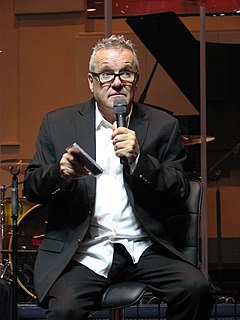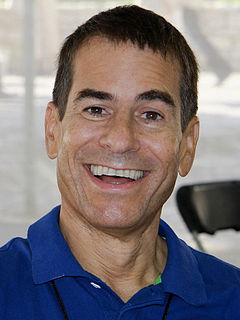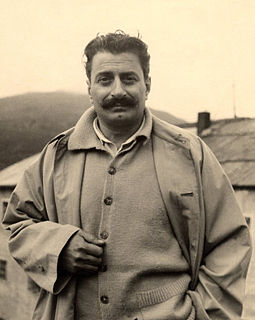A Quote by George McGovern
My father was a clergyman and always said: 'Hate the sin but love the sinner.'
Related Quotes
If you always meditate on sin, "I am a sinner, I am a sinner," actually you will become a sinner. The psychological approach is, you should forget it - even if you are a sinner, you should think, "I am the son of a Great Father, I am the daughter of a Great Father." Thus you are meditating on the Great Father, and a day is sure to come when you will become one with your Great Father.
What are you to do? You are always to remember that you are the child of a Great Father. You must not think that you are a sinner, that you are a degraded person. If you think that you are a sinner, it means you are meditating on sin! When sin has become the object of your meditation, you will become a sinner, because a person becomes just like the object of his or her ideation. We become the object of our meditation.
The cliché, God hates the sin but love the sinner, is false on the face of it and should be abandoned. Fourteen times in the first fifty Psalms alone, we are told that God hates the sinner, His wrath is on the liar, and so forth. In the Bible, the wrath of God rests both on the sin (Romans 1:18ff) and on the sinner (John 3:36).
I mean, think about [the phrase 'love the sinner, hate the sin.'] Isn't it like saying, 'I love left-handed people but hate that they're left-handed.' Is that really love? Or is that saying, 'I'm willing to love you as I'd like you to be, not as you are'? Either God's love is unconditional or it's not.

































